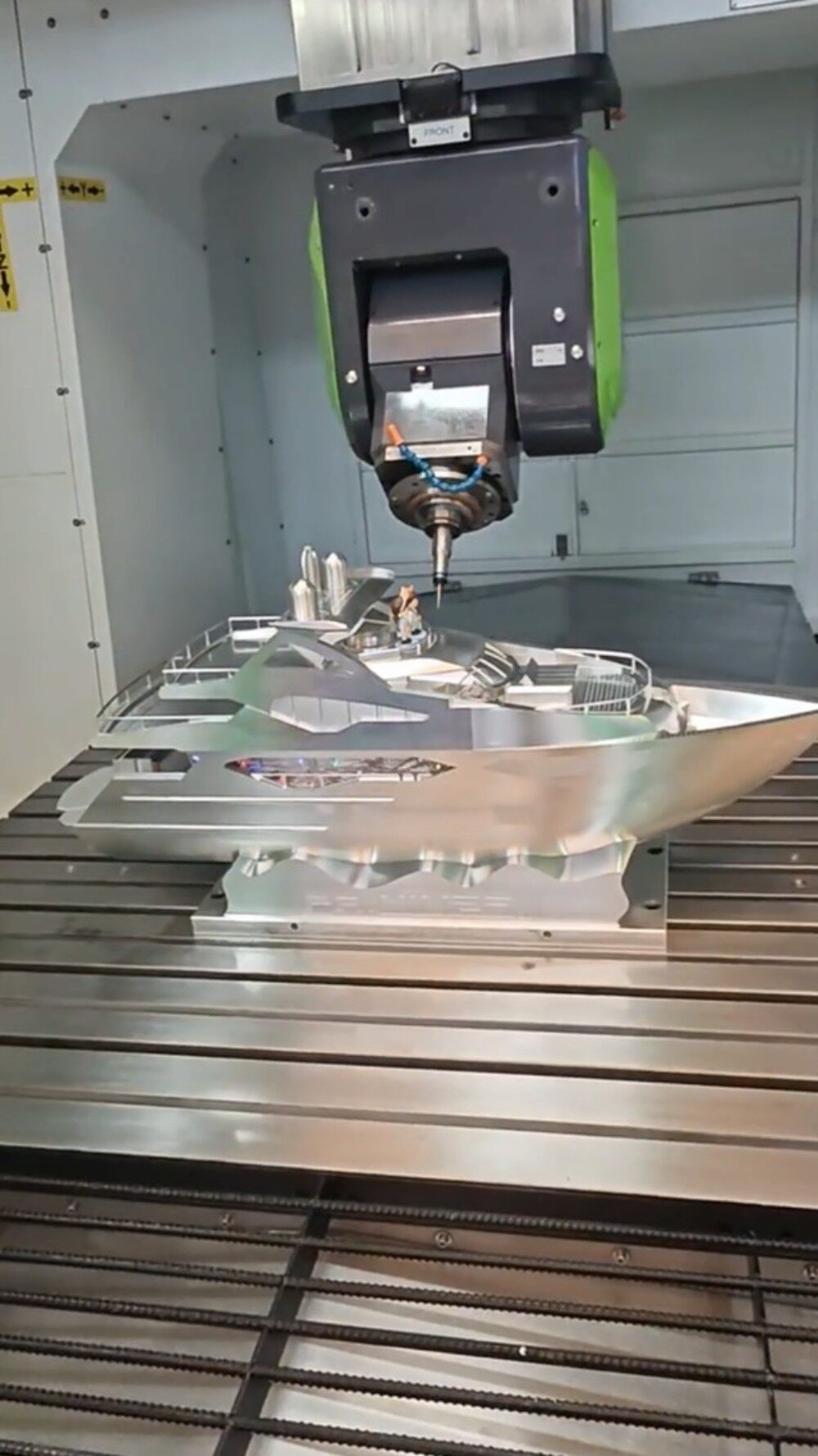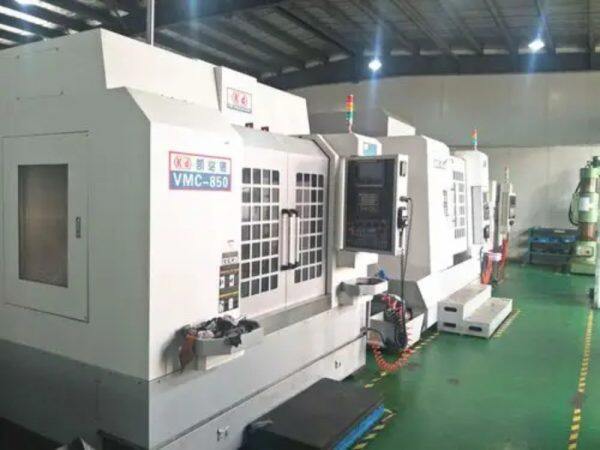CNC machining technology, also known as computer numerical control machining technology, has many significant advantages, which have made CNC machining occupy a pivotal position in modern manufacturing. The following are the main advantages of CNC machining technology:
- High precision: CNC machining utilizes computers to precisely control the movement of tools and workpieces, achieving machining accuracy at the micrometer level. This high-precision processing ensures the quality and stability of the workpiece, and is particularly suitable for fields that require high-precision parts, such as aerospace and precision instruments.
- High efficiency: CNC machining is automatically controlled by computer programs, eliminating the need for manual operation and significantly enhancing processing efficiency. Meanwhile, CNC machining centers can complete multiple processing tasks simultaneously, reducing the clamping and replacement time of workpieces and further shortening the production cycle.
- High degree of automation: The CNC machining process is fully controlled by a computer, reducing the intervention of manual operation and lowering the impact of human factors on machining quality. In addition, CNC machining can achieve 24-hour continuous processing operations, further enhancing production efficiency.
- Flexibility: CNC machining has extremely high flexibility. By modifying the program, CNC machine tools can quickly adapt to different processing requirements, achieving rapid product switching and production adjustment. This flexibility enables CNC machining to easily cope with diverse market demands and workpiece types.
- Versatility: CNC machining can handle a variety of materials, such as metals, plastics, ceramics, etc., and can create a series of complex shapes and sizes. This versatility enables CNC machining to be widely applied in multiple industry fields, such as automotive manufacturing, electronic products, medical devices, etc.
- Save labor costs: During the CNC machining process, one operator can operate multiple machines simultaneously, thereby significantly reducing labor costs. In addition, due to the high degree of automation and precision of CNC machining, the scrap rate and rework rate caused by human factors have also been reduced, further lowering production costs.
- High reliability: CNC machining has extremely high reliability and can achieve long-term stable processing operations. As it is digitally controlled processing, it will not be affected by human factors, thus avoiding the occurrence of faults. Meanwhile, through automated detection technology, the monitoring and maintenance of machine tools can be achieved, ensuring their stability and reliability.

CNC machining technology, with its advantages of high precision, high efficiency, high degree of automation, flexibility, multi-functionality, labor cost savings and high reliability, is playing an increasingly important role in modern manufacturing. With the continuous advancement of technology and the constant changes in market demand, CNC machining will play an even more important role in the manufacturing industry in the future.


